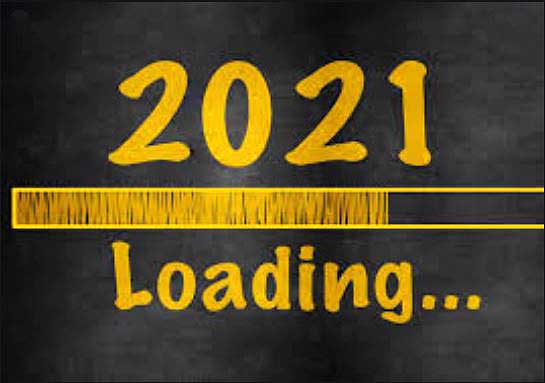Marguerite Dennis is an internationally recognised expert in international student recruitment, enrolment and retention. She has 30 years of experience consulting with colleges and universities in the United States and around the world.
In 2005, her white paper, Ten Trends in Higher Education, was published. In 2014 the next forecasts came out for global trends in higher education.
It is worth noting that almost all of Ms. Marguerite’s past predictions came true. To make sure of this, you can view them by following the link provided at the end of this post.
Today we introduce you to the main predictions of Marguerite Dennis for 2021 and beyond.
- Students, faculty and staff will travel with Digital Health passports, verifying their COVID-19 test results.
- Students will enroll in colleges and universities with well-established health protocols.
- Students will attend school year-round in some combination of online and in person instruction.
- Credit-bearing, gap year programmes will increase worldwide.
- Students will be admitted year-round and will be notified of admission decisions as soon as their applications are complete.
- An increasing proportion of higher education enrolments will come from company-sponsored, short-term certificate programmes and boot camps.
- Enrolments in Google Career Certificates and Microsoft’s global skills initiative, among others, will increase.
- Vision planning will co-exist with and complement strategic planning.
- Higher education institutions will hire chief innovation officers charged with implementing vision plans.
- Consumer behaviour will be incorporated into all future strategic plans.
- Career counselling will begin before enrolment and extend throughout enrolment and after graduation. Colleges and universities will embrace a 10-year acceptance, matriculation and graduation plan for students.
- Graduation counsellors (formerly called registrars) will map out all of the multi-year courses necessary for graduation prior to a student’s matriculation.
- Financial aid and debt counsellors will provide estimates of costs and debt prior to enrolment.
- Transcripts will list competencies earned in courses along with grades.
- Students will graduate having done at least one internship.
- Antiquated higher education business models will be replaced with differential pricing structures.
- Virtual recruitment and admitted student events, as well as faculty and staff conferences, and faculty and staff meetings, will supplement in-person interactions.
- Some colleges and universities will cease operations. Others will merge with both national and international partners.
- International student mobility will become more localised, within regions and continents.
- Geopolitical rivalry between the US and China will impact future international student enrolments.
It would be simplistic to blame these 20 predictions on the pandemic. Many of these predictions were already trending. COVID-19 accelerated, but did not cause, many of the changes and disruptions higher education is likely to experience in 2021 and beyond.
And this list of predictions is by no means complete – and reflects more administrative disruptions than academic ones.
But let’s check in at the end of the year and assess which of them were accurate and which were not.

